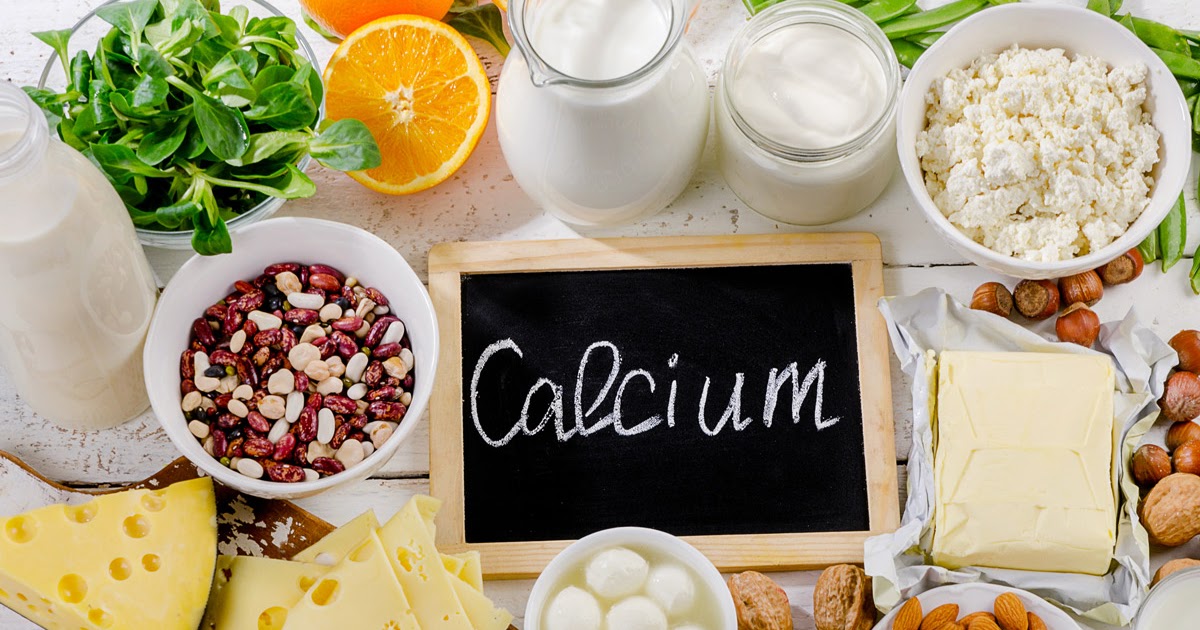As children grow and develop, building strong bones sets the foundation for a healthy future. Calcium, a vital mineral, plays a crucial role in bone development and maintenance. Insufficient calcium intake during childhood can lead to weakened bones and an increased risk of fractures later in life.
We’ll explore the best foods to include in children’s diets to prevent bone and calcium deficiency, ensuring they have the tools they need for optimal growth and vitality.
1. Dairy Delights: Building Blocks of Calcium
Dairy products are well-known for their calcium content, making them excellent choices for promoting bone health in children. Include options like milk, yogurt, and cheese in their diets. According to the best oncologist in Karachi, If your child is lactose intolerant or has allergies, consider lactose-free milk or fortified plant-based alternatives like almond, soy, or oat milk. These options provide calcium along with essential vitamins like vitamin D, which aids calcium absorption.
2. Leafy Greens: A Nutrient-Rich Boost
Leafy green vegetables are not only rich in vitamins but also a source of dietary calcium. Incorporate spinach, kale, collard greens, and broccoli into your child’s meals. While the calcium content in greens may be lower compared to dairy products, their nutritional benefits extend beyond bone health, providing a variety of vitamins and minerals essential for overall well-being.
3. Fish with Edible Bones: A Nutrient Powerhouse
Certain types of fish, such as canned salmon and sardines, are packed with both calcium and vitamin D. The soft, edible bones of these fish are an excellent calcium source. Introduce fish dishes into your child’s diet to provide a delicious way to support bone health. Be cautious of fish with higher mercury levels; opt for low-mercury options and consult with a pediatrician if you have concerns.
4. Fortified Foods: Nutritional Enhancers
Incorporate fortified foods into your child’s diet to supplement their calcium intake. Many cereals, fruit juices, and plant-based milk alternatives are fortified with calcium and other essential nutrients. Check product labels to ensure the items you choose offer meaningful calcium content without excessive added sugars or artificial additives.
5. Nuts and Seeds: Crunchy Calcium Contributors
Nuts and seeds like almonds, chia seeds, and sesame seeds are not only nutrient-dense but also contain calcium. They can be sprinkled onto yogurt, incorporated into oatmeal, or enjoyed as a snack. Just be mindful of portion sizes, as nuts and seeds are calorie-dense. Offering a variety of nuts and seeds in moderation can add to your child’s calcium intake.
6. Beans and Legumes: Plant-Based Powerhouses
Beans and legumes, such as chickpeas, black beans, and lentils, are rich in calcium, fiber, and other essential nutrients. Incorporate them into soups, stews, salads, and other dishes to provide a tasty and nutritious boost to your child’s bone health. Additionally, beans and legumes are excellent sources of plant-based protein.
7. Fruits: Calcium-Packed Surprises
Certain fruits contain surprising amounts of calcium. Oranges and dried figs are examples of fruits that offer a modest calcium contribution. While they might not be as calcium-dense as dairy products or fortified foods, including a variety of fruits in your child’s diet provides other important vitamins and minerals that support overall health.
8. Whole Grains: Building Bone-Friendly Foundations
Whole grains like oats, quinoa, and whole wheat products contain not only calcium but also other essential nutrients such as magnesium and phosphorus. According to experts from Tahir Complex Center these minerals collaborate with calcium to support bone health. Include whole grain options in your child’s meals, such as whole grain bread, brown rice, and whole grain pasta, to provide a well-rounded approach to bone nourishment.
9. Eggs: Nature’s Nutrient-Rich Packages
Eggs are a versatile and nutrient-rich food that can contribute to your child’s calcium intake. While they’re not as high in calcium as some other sources, eggs provide a host of vitamins and minerals, including vitamin D. Vitamin D enhances calcium absorption, making eggs a valuable addition to a bone-friendly diet. Remember to opt for fortified eggs whenever possible for an added nutritional boost.
10. Dairy Alternatives: Navigating Non-Dairy Choices
For children who are lactose intolerant or have allergies, non-dairy calcium sources can still support their bone health. Fortified plant-based milk alternatives like almond milk, soy milk, and oat milk can offer a comparable calcium content to cow’s milk. Ensure that these alternatives are fortified with calcium and other essential nutrients, and choose options with minimal added sugars.
By incorporating these additional points into your blog, you’re expanding the range of options available to parents and caregivers to support children’s bone and calcium health. Diverse and balanced diet rich in these nutrient-packed foods can lay the groundwork for strong bones, setting the stage for a lifetime of vitality and well-being.
Promoting strong bone health in children is a gift that lasts a lifetime. By incorporating a range of calcium-rich foods into their diets, you’re nurturing their growth and development while providing the tools they need for an active and vibrant life. Remember, a balanced diet, regular physical activity, and adequate vitamin D intake work in harmony to ensure your child’s bones stay strong and resilient as they embrace each stage of their journey.




